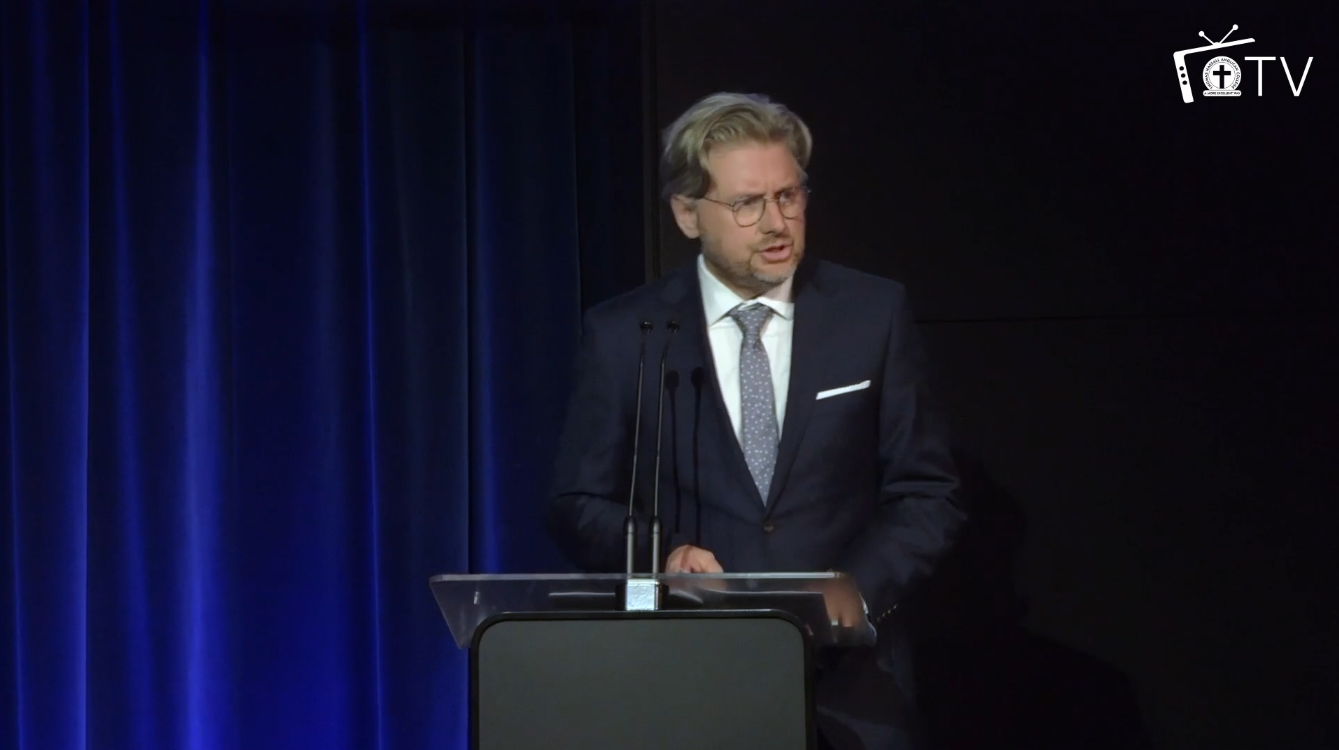It was a delight to welcome back the High Achievers of 2022 to a special assembly on Monday. The College was able to commend them for their achievements.
In many ways, the event encouraged us to look back, but it also gave us the opportunity to consider the future. As we considered the shape of the next twelve months, it's important to ask. Is there any point in working hard at school?
One clear answer to this most fundament of question can be summarised in one word- access. Working hard at school gives students access.
We understand that access has value. To attend a popular sporting contest or concert can be very expensive. While it is true that money may get you into a Beyonce concert, it is important to recognise that hard work also give access.
In the first place, working hard at school gives students access to opportunities after school. When young people leave school, many will go on to places of higher education. Some of the courses at universities are very popular and cannot possibly accommodate all the people who want to enrol. The most common way to choose students for high-demand courses is by looking at their results in the HSC. The better students do at school, the more options they have.
But strong academic performance is not just about getting into university. Working hard at school gives students access to the knowledge and skills they need. You may have been in a conversation where somebody mentions a sports star or video games that you’ve never heard of. Without knowledge, you are excluded from the conversation. Some of these conversations may be trivial but many are significant. The point here is that working hard to know things is preparing students to engage in our world. If their knowledge is limited, their access is limited.
Finally, working hard at school gives students access to the habits they will need to succeed. At this school, we talk about positive learning behaviours like managing distractions and persisting when faced with difficulty. If students are going to succeed, they are going to have to develop these skills in abundance. You don’t get over 90% in an HSC subject without having to work hard to manage distractions and persevere when things get tough.
Students who have finished Year 7 may never need to know where Tutankhamun was buried but working hard on their Year 7 History project means that they have developed mental strength. That ability to think and to work hard will serve them well, even if they never do another assignment on Ancient Egypt.
As we look at the year ahead, let’s encourage our students to work hard to access to what is important.

Mr Douglas Broadbent
Director of Teaching and Learning - Senior School

